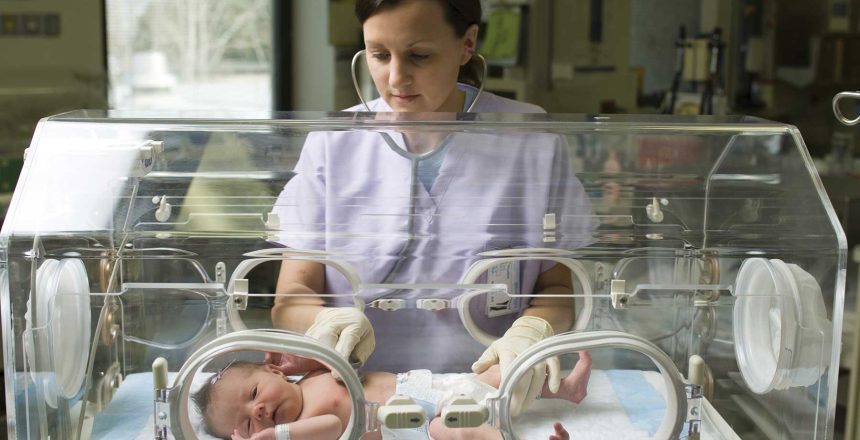Dr Tara Richman is a biochemist and cellular biologist with Harry Perkins Institute of Medical Research, The University of Western Australia. She was awarded a Raine Priming Grant (BrightSpark Fellow) in 2018 to further understand mitochondrial dysfunction and how it progresses to severe diseases.
Mitochondrial diseases are progressive and debilitating multi-system disorders that occur at a frequency of up to 1 in 4,300 live births, with no known cure. Mitochondrial disease can lead to a number of developmental problems in children, including poor growth, loss of muscle coordination, neurological problems, and visual/hearing problems. This project utilised a unique model of mitochondrial disease to examine the tissue specific onset of mitochondrial disease, its progression and potential therapeutic mechanisms. Specifically, Dr Richman established mice that have a homozygous mutation in a mitochondrial gene encoding the translational activator of cytochrome oxidase 1 (TACO1) protein, a protein which was initially identified when a homozygous mutation was found in the human gene in patients suffering from the mitochondrial disease, Leigh Syndrome.
The research aims included to discover the molecular mechanisms by which the mutation in TACO1 causes mitochondrial disease and to trial a treatment method of mitochondrial dysfunction to alleviate symptoms of the disease. The research team used an antibiotic (rapamycin) that had been suggested as a treatment for mitochondrial dysfunction in the existing literature, however it led to defective mitochondrial ribosomal protein production and further decreased mitochondrial respiration in this study. This led Dr Richman to conclude that rapamycin would not appear suitable for this mutation and further studies on different models of mitochondrial disease is required.
The grant led to 12 publications, two invited presentations at local and international conferences, and Dr Richman went on to obtain additional state-level and federal funding, including a CSIRO Future Science Fellowship.


